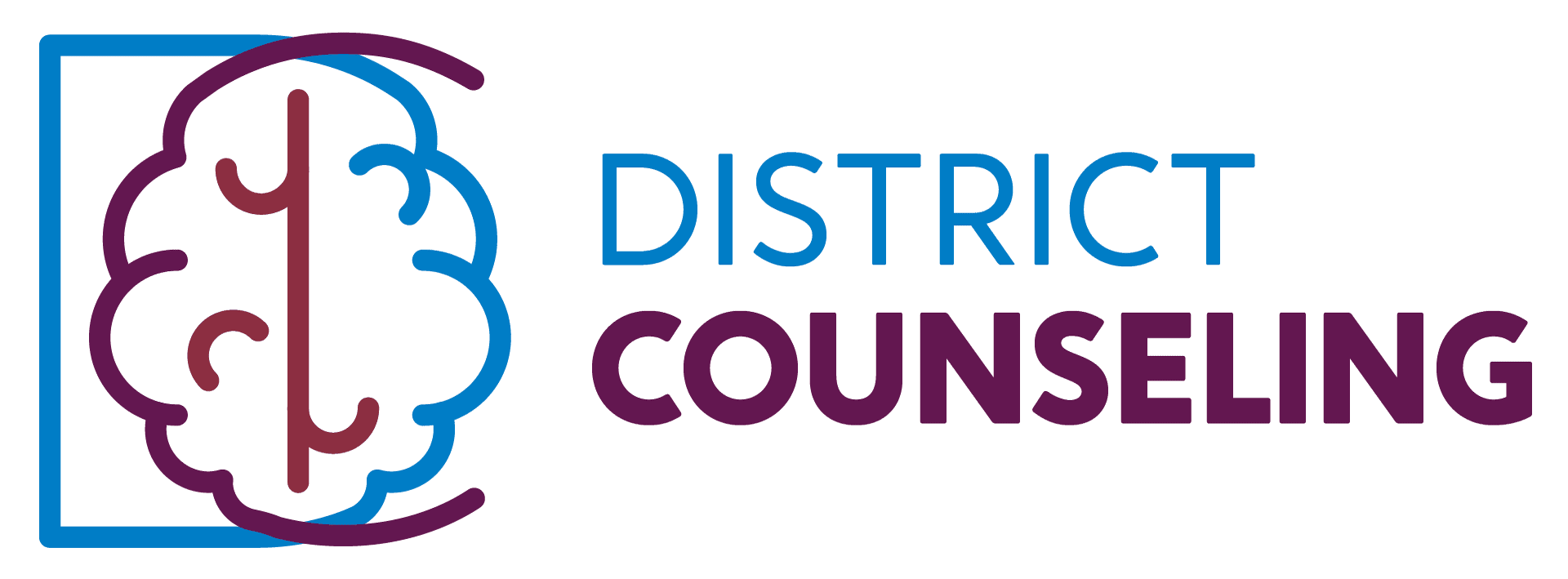The world collectively held its breath, and today, news of a ceasefire agreement in Gaza, accompanied by the release of hostages, is leading every broadcast. For many, the initial reaction is a wave of relief. But as the dust begins to settle, a complex mix of emotions can surface. You might feel a fragile sense of hope, lingering anxiety about the future, or a deep emotional exhaustion from months of bearing witness to conflict from afar.
If you’re feeling overwhelmed, you are not alone. In our hyper-connected world, global events feel personal. The constant stream of traumatic images and stories can have a profound psychological impact, even from thousands of miles away. This phenomenon, known as vicarious trauma or secondary traumatic stress, can leave you feeling anxious, sad, and powerless. Here in Texas, we understand that life’s stressors don’t pause for world events. This article will explore the mental health impact of such significant news and offer practical strategies to help you process these events and protect your well-being.
The Psychological Echo of Global Conflict
It’s natural to be affected by widespread human suffering. Our brains are wired for empathy, but continuous exposure to traumatic content through news and social media can overwhelm our coping mechanisms. This can activate our body’s “fight-or-flight” response, leading to persistent feelings of anxiety, hypervigilance, and even symptoms mirroring PTSD.
You might notice changes in your own emotional state, such as:
- Increased Anxiety:** A constant sense of dread or worry about the state of the world and the safety of others.
- Emotional Numbness:** Feeling detached or unable to process the gravity of the events as a self-protective measure.
- Feelings of Helplessness:** Watching events unfold that are entirely out of your control can lead to a sense of despair and powerlessness.
- Difficulty Sleeping:** Intrusive thoughts or worries can disrupt sleep patterns, which is crucial for mental health.
These feelings are a normal response to abnormal circumstances. Recognizing them as a form of vicarious trauma is the first step toward managing their impact on your mental health. Your feelings are valid, and you don’t have to navigate them alone.
Practical Coping Strategies for Navigating Vicarious Trauma
While we can’t control world events, we can manage our response to them. Protecting your mental health is not an act of ignorance or apathy; it is a necessary act of self-preservation. By implementing conscious coping strategies, you can reduce the psychological toll of distressing news and find a sense of balance.
Manage Your News Consumption
One of the most effective ways to mitigate the impact of vicarious trauma is to control your exposure to it. Constant alerts and doomscrolling can keep your nervous system in a heightened state of alarm.
- Schedule News Check-ins: Instead of staying plugged in all day, designate specific times to catch up on events. This could be 15 minutes in the morning and 15 minutes in the evening. Avoid consuming news right before bed.
- Choose Your Sources Wisely: Select a few credible, fact-based news sources rather than relying on social media feeds, which often prioritize sensational and emotionally charged content.
- Turn Off Notifications: Disable breaking news alerts on your phone. This allows you to engage with information on your own terms, rather than being constantly interrupted by potentially distressing updates.
Ground Yourself in the Present
When your mind is consumed with distant events, grounding techniques can bring your focus back to your immediate surroundings. These practices help calm the nervous system and reduce feelings of anxiety.
- The 5-4-3-2-1 Method: Pause and identify five things you can see, four things you can physically feel, three things you can hear, two things you can smell, and one thing you can taste. This sensory exercise anchors you in the present moment.
- Mindful Breathing: Take a few moments to focus solely on your breath. Inhale slowly for four counts, hold for four counts, and exhale slowly for six counts. This simple act can lower your heart rate and promote a sense of calm.
- Engage in Physical Activity: Go for a walk, stretch, or engage in any form of movement you enjoy. Physical activity is a powerful way to process stress hormones and improve your mood.
Acknowledge and Process Your Feelings
Suppressing emotions like sadness, anger, or guilt can make them more intense over time. Finding healthy outlets to process what you are feeling is essential for your mental health.
- Talk About It: Share your feelings with a trusted friend, family member, or partner. Simply verbalizing your thoughts can provide significant relief and remind you that you are not alone in your experience.
- Journaling: Write down your thoughts and emotions without judgment. This can help you understand the root of your distress and gain clarity on how global events are affecting you personally.
- Creative Expression: Engage in activities like painting, playing music, or any hobby that allows you to channel your emotions into something tangible.
When to Seek Professional Support
Coping strategies are incredibly helpful, but sometimes the weight of vicarious trauma becomes too heavy to carry on your own. If your symptoms persist and begin to interfere with your daily life, relationships, or work, it may be time to seek professional help.
Signs that you might benefit from therapy include:
- Persistent anxiety or depression that doesn’t improve.
- Ongoing sleep disturbances, such as insomnia or nightmares.
- Social withdrawal or loss of interest in activities you once enjoyed.
- Difficulty concentrating or functioning at work or home.
- Feeling constantly overwhelmed, hopeless, or emotionally numb.
Seeking therapy in Texas is a proactive step toward healing. A qualified therapist can provide a safe space to explore your feelings and develop personalized coping mechanisms. At District Counseling, our experienced therapists specialize in helping individuals navigate anxiety, stress, and trauma, including the complex effects of vicarious trauma.
Take the Next Step for Your Mental Health
Your well-being matters. The emotional toll of global events is real, and you deserve support in processing it. It is a sign of strength to recognize when you need help and to take action to protect your mental health.
If you are struggling to cope with the impact of world news, we are here for you. Contact District Counseling today to schedule an appointment. Our compassionate team of therapists is ready to provide the guidance and support you need to find peace and resilience in uncertain times.

Arely Ambriz
November 6, 2025
Beyond the Screen: Are Our Digital Habits Silently Harming Our Relationships?
Combat mid-week stress and “mental smog” with actionable strategies like box breathing and worry windows. Learn when to seek professional support from a therapist or psychiatrist in Texas or Houston...

Arely Ambriz
November 5, 2025
When the Air Isn’t Clear: Managing Mid-Week Stress in a Hazy World
Combat mid-week stress and “mental smog” with actionable strategies like box breathing and worry windows. Learn when to seek professional support from a therapist or psychiatrist in Texas or Houston...

Arely Ambriz
November 4, 2025
Beyond the Burnout: Answering Your Top Questions About Workplace Stress in Texas
Work stress impacting your well-being? Learn to identify “too much” stress, how managers can support mental health, and confidential options for help. Prioritize your well-being....

Arely Ambriz
November 3, 2025
The Day You Choose a Different Path: Finding Your Courage for a New Beginning
Discover the courage to embrace new beginnings. Learn to acknowledge endings, chart your path, and find the mental fortitude to transform your life, with support from professionals in Texas....

Arely Ambriz
October 31, 2025
Your Weekend is Calling, But Is Your Brain Answering? How to Unplug in an Over-plugged World
Learn how Orson Welles’ infamous “War of the Worlds” broadcast can teach you to avoid miscommuniLearn how to reclaim your weekends and disconnect from work with practical strategies like creating...

Arely Ambriz
October 30, 2025
Are You Broadcasting on the Wrong Frequency? Lessons in Relationship Communication from a Martian Invasion
Learn how Orson Welles’ infamous “War of the Worlds” broadcast can teach you to avoid miscommunication and chaos in your relationships. Discover practical tips for better connection....

Arely Ambriz
October 29, 2025
The Hurricane in Your Head vs. the Comet in Your Sky: Finding Mid-Week Calm in a Chaotic World
Discover “Productivity Panic,” the anxiety driven by workplace surveillance. Learn why employee monitoring leads to stress and burnout, and get actionable tips to manage daily anxiety....

Arely Ambriz
October 28, 2025
Is Your Job Watching You? A Q&A on Navigating “Productivity Panic” in Texas
Discover “Productivity Panic,” the anxiety driven by workplace surveillance. Learn why employee monitoring leads to stress and burnout, and get actionable tips to manage daily anxiety....

Arely Ambriz
October 27, 2025
Storm Advisory for Your Monday Morning: How to Weather the Week’s Emotional Forecast
Discover how to navigate the emotional storms of Monday mornings with practical tips, mindset shifts, and grounding techniques to start your week with intention and strength....

Arely Ambriz
October 24, 2025
Beyond the Noise: How to Reclaim Your Weekend in a Fractured World
Feeling mentally depleted from communication overload? Discover practical strategies for startup leaders to combat brain fatigue and achieve a truly restorative, screen-free weekend....

